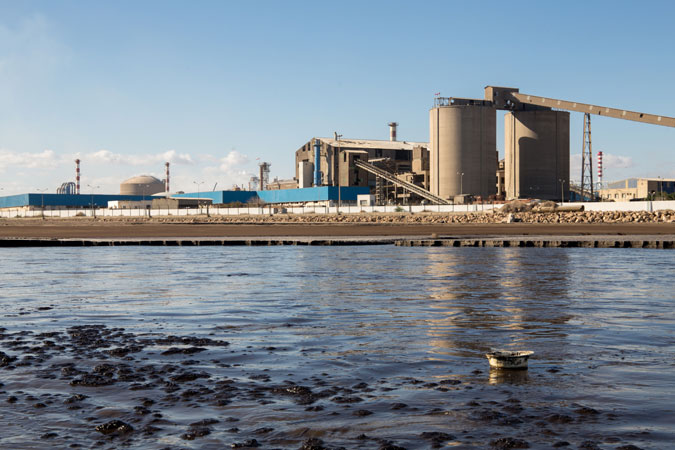WHO issues global guidelines to tackle antibiotic pollution from manufacturing


The directive covers wastewater and solid waste management for manufacturing of antibiotics, and comes ahead of a High-Level Meeting on antimicrobial resistance (AMR) that will be held during the UN General Assembly later this month in New York.
AMR occurs when bacteria, viruses, fungi, and parasites change over time and no longer respond to medicines, it was pointed out. It is driven largely by the misuse and overuse of antimicrobials, even as many people worldwide do not have access to these essential medications.
WHO said the emergence and spread of AMR caused by antibiotic pollution could undermine the effectiveness of antibiotics globally, including the medicines produced at the manufacturing sites responsible for the pollution.
Yet despite high antibiotic pollution levels being widely documented, the issue is largely unregulated and quality assurance criteria generally do not address environmental emissions.
Additionally, consumers are not given sufficient information on how to dispose of unused antibiotics, for example, when the drugs have expired or when a course of antibiotics is finished but some is still leftover.
“Pharmaceutical waste from antibiotic manufacturing can facilitate the emergence of new drug-resistant bacteria, which can spread globally and threaten our health,” Dr. Yukiko Nakatani, WHO Assistant Director-General for AMR ad interim, said in a statement.
“Controlling pollution from antibiotic production contributes to keeping these life-saving medicines effective for everyone,” she added.
Globally, there is a lack of accessible information on the environmental damage caused by manufacturing of medicines, said WHO, which noted that several international bodies have called for the guidance, including health ministers from G7 leading economies as well as the UN Environment Programme (UNEP).
“The role of the environment in the development, transmission and spread of antimicrobial resistance needs careful consideration since evidence is mounting,” said Jacqueline Alvarez, Chief of Branch for the Industry and Economy Division at UNEP.
“There is a widespread agreement that action on the environment must become more prominent as a solution. This includes pollution prevention and control from municipal systems, manufacturing sites, healthcare facilities and agri-food systems,” she added.
The new guidance was developed in close collaboration with a diverse group of international experts, including representatives from academia, regulators, inspectors, international organizations, and other sectors.
It provides human health-based targets to reduce the risk of emergence and spread of AMR, as well as targets to address risks for aquatic life caused by all antibiotics intended for human, animal or plant use.
Furthermore, all steps from the manufacturing of active pharmaceutical ingredients (APIs) and formulation into finished products, including primary packaging, are covered.
“The guidance provides an independent and impartial scientific basis for regulators, procurers, inspectors, and industry themselves to include robust antibiotic pollution control in their standards,” said Dr. Maria Neira, Director of WHO’s Department of Environment, Climate Change and Health.
“Critically, the strong focus on transparency will equip buyers, investors and the general public to make decisions that account for manufacturers’ efforts to control antibiotic pollution.”
Leave a Comment